
As the temperatures drop and the days grow shorter, it’s important to take extra care of your feline friend to ensure they stay warm, safe, and comfortable throughout the winter months.
Cats are naturally resourceful and adaptable, but even they can suffer from the adverse effects of cold weather.
In this article, we’ll explore the five most common dangers of cold weather for cats, and we’ll offer 10 tips for keeping your furry companion safe and happy during the winter season.
5 Dangers of Cold Weather for Cats
Cats are generally more sensitive to the cold than dogs, and they can suffer from hypothermia, frostbite, and other cold-related illnesses if they’re not properly protected.
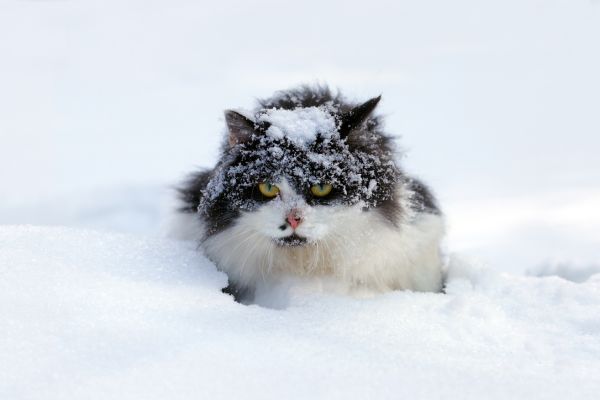
1. Hypothermia
Hypothermia occurs when a cat’s body temperature falls below 95 degrees Fahrenheit.
Symptoms of hypothermia include lethargy, weakness, confusion, and difficulty breathing.
Hypothermia can lead to a number of serious health problems, including organ failure and death. If you think your cat may be suffering from hypothermia, it’s important to seek veterinary care immediately.
2. Frostbite
Frostbite is a serious condition that occurs when a cat’s skin and tissue freeze.
Symptoms of frostbite include redness, swelling, and pain in the affected area.
Frostbite can cause severe damage to the affected areas – typically ears, paws, tail, and nose – and may even require amputation in some cases. If you think your cat may have frostbite, seek veterinary care immediately.
3. Respiratory infections
Cold weather can weaken a cat’s immune system, making them more susceptible to respiratory infections such as pneumonia and bronchitis.
4. Arthritis
Cold weather can aggravate existing joint problems and arthritis, causing pain and discomfort for your cat.
5. Dehydration
Cats may not drink as much water in the winter as they do in the summer, which can lead to dehydration. This can be particularly dangerous for older cats or those with kidney problems.
How Cold Is Too Cold for Cats to Be Outside?
The temperature at which it is too cold for cats to be outside varies depending on several factors, including the cat’s breed, age, and overall health.
A good rule of thumb is that if it’s too cold for you to be outside comfortably, it’s too cold for your cat to be outside.
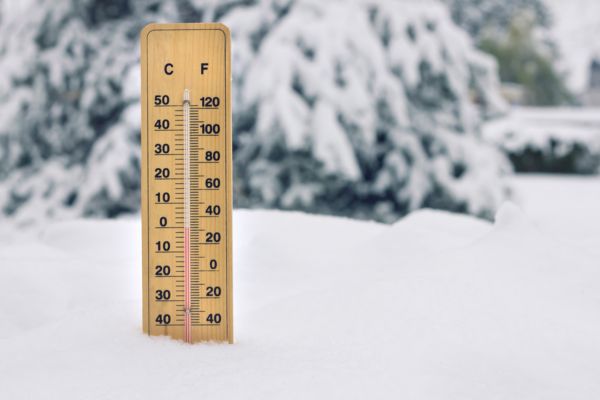
In general, cats should not be left outside if the temperature is below 32 degrees Fahrenheit.
10 Tips for Keeping Your Cat Safe During Winter
1. Provide a warm and cozy place to sleep.
Cats love to curl up in warm places, so provide them with a soft, comfortable bed or blanket off the floor and away from drafts.
Consider using a heated pet bed to provide extra warmth. Check out our article on microwaveable heating pads and insulated cat shelters. 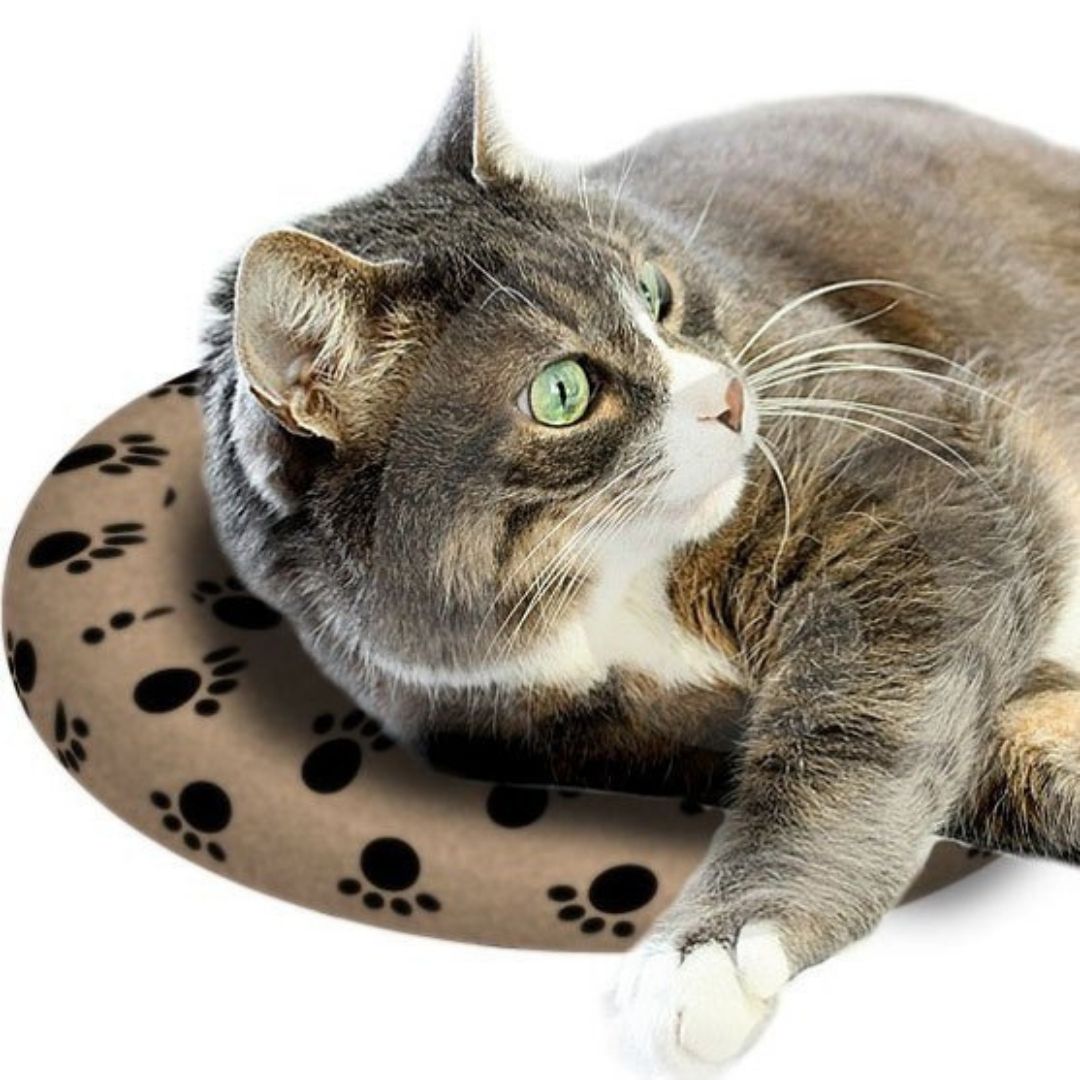
2. Limit outdoor time.
If your cat enjoys spending time outdoors, ensure their outdoor excursions are brief and supervised, especially during harsh weather conditions.
Limit outdoor time to daylight hours and bring your cat inside when the temperature starts to drop. Make sure they have a warm place to dry off.
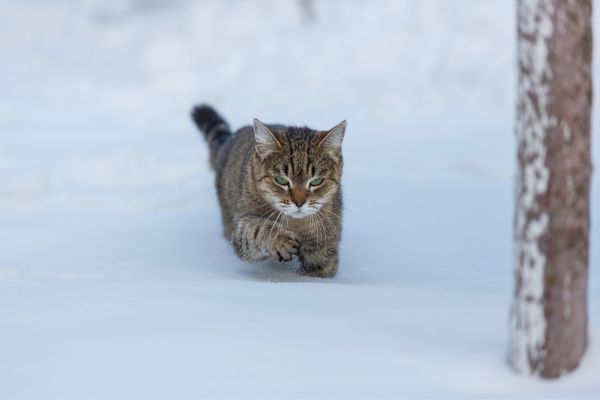
If you have an outdoor cat, be sure to read our article, How to Keep Outdoor Cats Warm in Winter.
3. Protect their paws.
Cats’ paws are sensitive to the cold and can be damaged by ice, salt, and other chemicals used to treat roads and sidewalks.
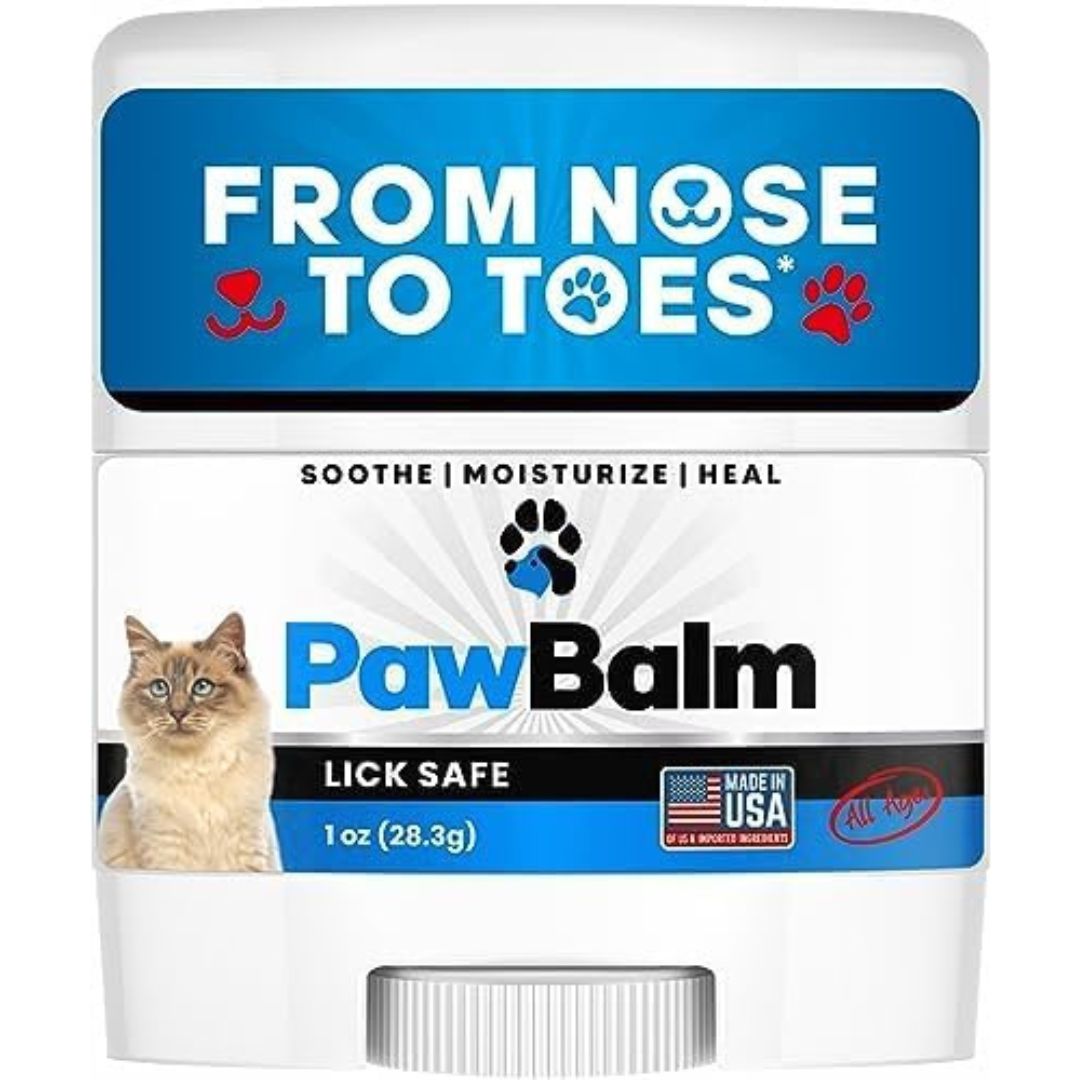
To protect their paws, consider applying a protective, pet-safe balm, paw wax, or booties before going outside.
After each walk, check your cat’s paws for any signs of cracks, redness, or irritation.
4. Provide plenty of fresh water.
Cats may not drink as much water in the winter as they do in the summer, so make sure they have access to fresh, clean water at all times.
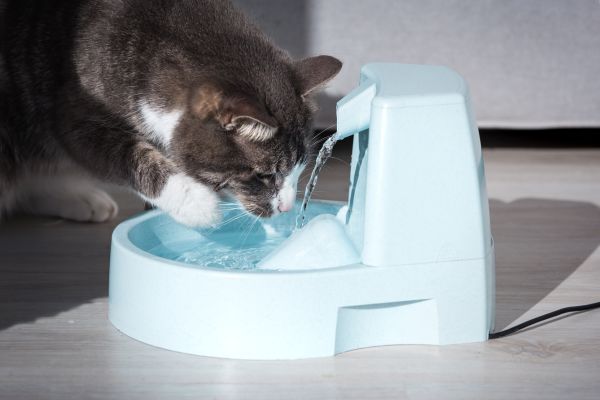
Consider using a heated water fountain to encourage them to drink more.
5. Maintain a healthy diet.
Cats may need to eat more food during the winter to gain the energy they need to stay warm and active.
Consider feeding them a slightly higher-protein diet to help them maintain their body temperature. Talk to your veterinarian about how much food to feed your cat during the cold months.

6. Monitor your cat’s weight.
Make sure your cat is not losing weight during the winter. If you notice your cat is losing weight, talk to your veterinarian.
7. Watch for signs of illness.
Be aware of any changes in your cat’s behavior, such as lethargy, weakness, loss of appetite, or difficulty breathing.
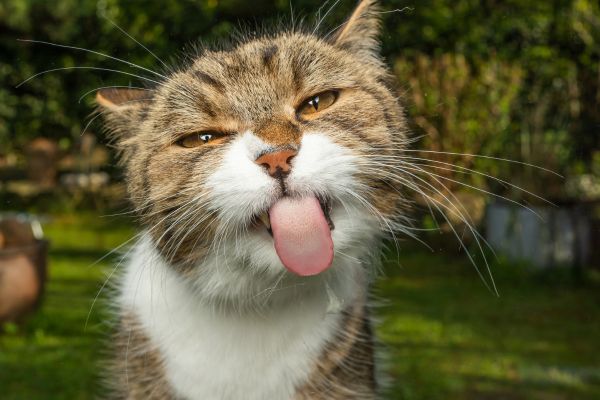
These could be signs of a hypothermia-related illness or other cold-related issue. If you notice any of these signs, seek veterinary care immediately.
8. Be aware of potential hazards.
Antifreeze is deadly poison to cats, even in small amounts. Store antifreeze out of your cat’s reach and clean up any spills immediately.
Your car is another potential hazard. Cats – your own cat, as well as neighborhood and feral cats – seek shelter under the hood, close to the warm engine. When the car is started, they can be injured or killed.
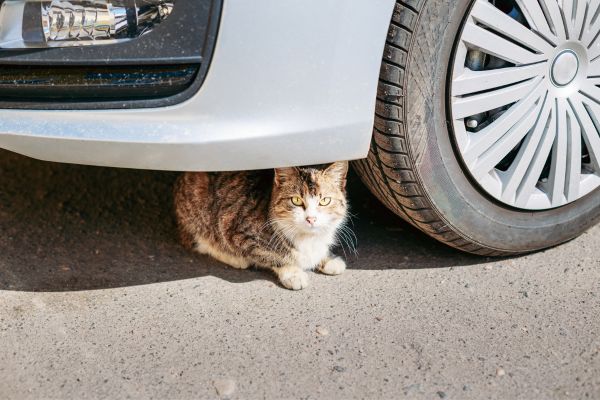
In this article, Jane Harrell, former Editor-in-Chief of Pet Health Network, recommends pounding on the hood, slamming the car door, or honking the horn before starting your car. Of course, you’ll also want to check underneath the car, to see if cats are hiding.
“After you’ve made plenty of noise, be sure that any cats have had time to run away. Cats can tuck themselves into the tightest of spaces and may need a little extra time to wiggle out.”
9. Schedule regular veterinary checkups.
Regular veterinary checkups are essential for maintaining your cat’s overall health, especially during the winter months. When you schedule an appointment with Atlantic Veterinary Hospital, ask your veterinarian to check for any underlying health conditions that may make your cat more susceptible to the cold.
10. Make sure your cat is microchipped.
In the event that your cat gets lost during the winter, a microchip can help you reunite with your furry friend.
Check out our article on microchipping.
Cats are individuals with different needs and preferences, so pay attention to your cat’s cues and adjust your care accordingly. With a little extra attention, you can ensure your furry friend enjoys a warm, cozy, and healthy winter season by your side.
Related articles on our blog
- How to Keep Outdoor Cats Warm in Winter
- Creative Ways to Protect Your Outdoor Cat
- 7 Cold Weather Tips for Dogs
- Proper ID for Your Pet: Even More Important While Traveling
Note: This article includes Amazon affiliate links. If you purchase a product via a link, we receive a small commission. We do not necessarily recommend these linked products; we are providing them to give you a starting place for your own product research.


